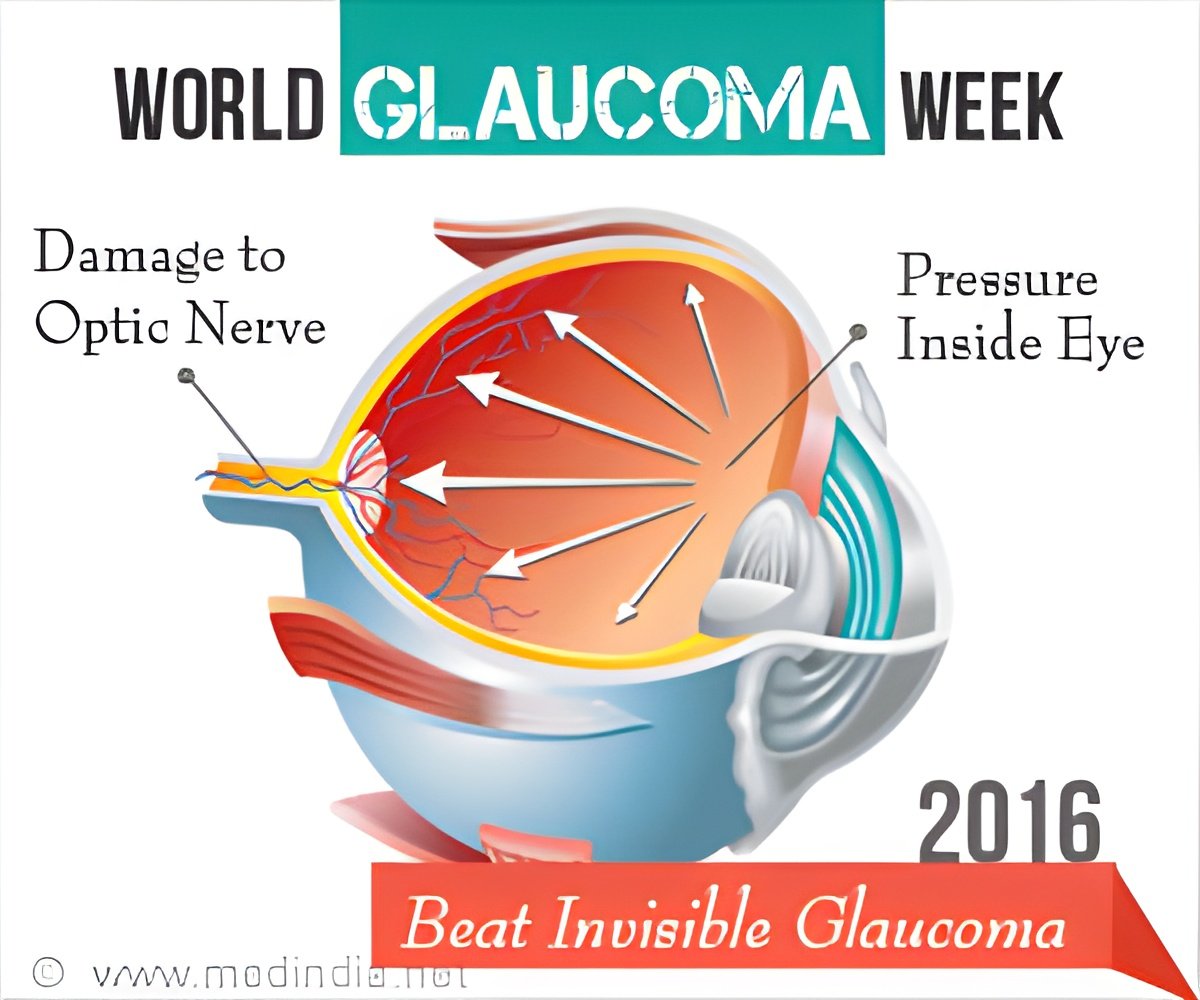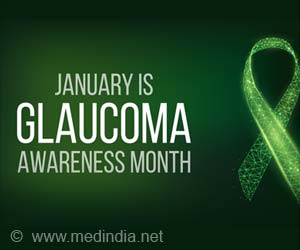The World Glaucoma Week 2016 celebrated between March 6 and 12 aims to increase awareness about the eye condition.

In some patients, glaucoma affects the eye suddenly. The eye becomes red and painful and has to be treated immediately. However, more commonly, glaucoma is a slow process. Symptoms do not appear, except until the late stages, when the changes are irreversible. Peripheral vision is affected earlier, resulting in a tunneled view. The central vision is usually lost last. Eye drops or sometimes surgery in the early stages can prevent this irreversible damage. Diet rich in green leafy vegetables can help lower risk of glaucoma.
The theme for this year’s World Glaucoma Week 2016 is Beat Invisible Glaucoma. Through this theme, the organizers hope to increase more awareness about the condition, which could prevent sight loss, and thereby prevent disability. Some of the measures to prevent glaucoma that should be adopted include the following:
- An eye check should be an important part of the routine health checkup. People should be made aware that they should visit an eye doctor at regular intervals, even if their vision is normal. Since glaucoma incidence increases with age, this is particularly necessary as one grows over 40 years of age.
- Ophthalmologists and optometrists should be alerted to carry out specialized tests to check for changes due to glaucoma and not lose the opportunity of diagnosing the condition in the asymptomatic stage when the patient comes for a routine checkup. Tests should include checking the optic nerve after dilatation using drops, the eye pressure and the peripheral field of vision.
- People who have a first-degree relative suffering from glaucoma are at higher risk than the general population. In these people, eye checkups may need to be more frequent.
- People with previous eye surgeries or diseases like hypertension and diabetes are also at a high risk for glaucoma and require frequent eye checks. People with extreme shortsightedness are also at a risk for glaucoma.
- Once diagnosed with glaucoma, it should be emphasized to the patient, that unless the optic nerve is damaged, the condition can be controlled and the patient may continue to have normal vision. However, it is extremely important to adhere to the prescribed treatment to prevent any damage to the eye. This should be particularly emphasized because since glaucoma may not cause symptoms, the patient may be careless with the treatment.
References:
1. http://www.wgweek.net/about-world-glaucoma-week/
2. https://nei.nih.gov/health/glaucoma/glaucoma_facts
Source-Medindia












